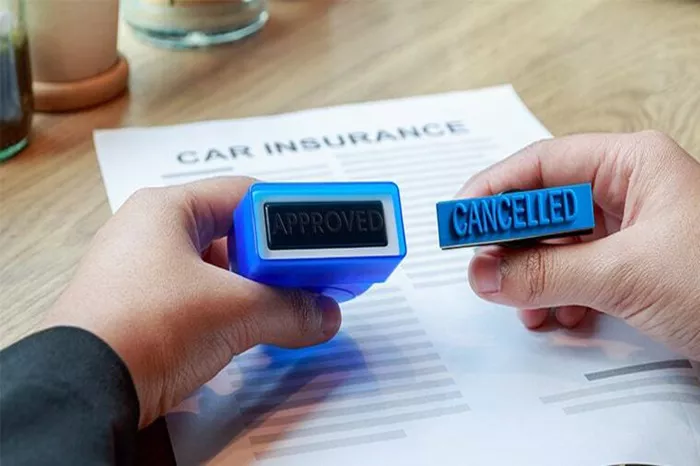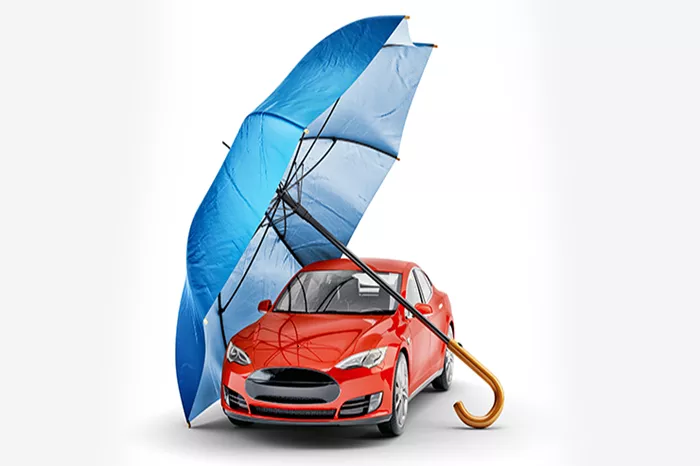Campervan travel has become more popular than ever. People love the freedom of the open road, being able to sleep anywhere, and bringing home comforts on their trips. But just like cars, campervans need insurance. If you’ve never insured a campervan before, you might be wondering: how much does campervan insurance usually cost?
The answer isn’t so simple. Campervan insurance prices depend on many things, like the value of your camper, how often you drive, where you park, and even your age. In this article, we’ll go through everything you need to know. Our goal is to help you understand the average cost and what affects it, using easy words and clear ideas.
Let’s take a closer look.
What Is Campervan Insurance?
Campervan insurance is a type of motor insurance that covers your van and protects you if something goes wrong. It usually includes cover for:
Damage to your campervan
Theft or vandalism
Accidents with other vehicles
Injuries to yourself or others
Damage to someone else’s property
Some campervan insurance policies also cover the items inside your van, like cooking gear, bedding, or electronics. If you’re living in your campervan full-time, that kind of cover becomes even more important.
Why Does Campervan Insurance Cost More Than Car Insurance?
Campervans are often more expensive to insure than regular cars. There are a few reasons why:
They’re bigger and heavier, which means accidents can cause more damage.
They carry more belongings, so the contents inside are more valuable.
They’re often parked in different places, sometimes far from home or in nature.
They’re used for both driving and sleeping, so they need more kinds of protection.
Because of all these things, insurance companies usually treat campervans as higher-risk vehicles. That’s why the cost can be higher.
How Much Does Campervan Insurance Cost on Average?
The average price of campervan insurance varies a lot. But generally, in places like the US, UK, Canada, or Australia, most campervan owners can expect to pay:
Anywhere between $800 to $2,000 per year
That’s just a rough range. Some might pay less than $800 if they only use their camper now and then. Others, especially full-timers or those with expensive custom vans, might pay well over $2,000.
Here are a few key points that affect the cost:
1. Type of Campervan
Not all campervans are the same. Some are small and simple, like converted vans. Others are large motorhomes with full kitchens and bathrooms.
Smaller vans (like a Ford Transit or VW Transporter) may have cheaper insurance.
Larger or luxury vans (like a Mercedes Sprinter with custom features) usually cost more to insure.
The more features your van has, the more it will cost to repair—and the more the insurance company will charge to cover it.
2. Your Driving History
Just like car insurance, your driving record affects your price. If you’ve had many accidents or tickets, your premium will likely go up. On the other hand, if you have a clean record and have been driving for many years, you could get a lower rate.
3. How You Use the Campervan
How often and how far you drive your campervan matters. Insurance companies will want to know:
Are you living in it full-time or just using it on weekends?
Do you drive it across the country or just to nearby places?
Do you store it safely when not in use?
Full-time use usually means higher insurance, since you’re on the road more and face more risks. Occasional or part-time use often leads to cheaper premiums.
4. Your Age and Experience
Age also plays a role. Younger drivers often pay more for campervan insurance, especially if they’re under 25. Older, more experienced drivers usually get better prices.
5. Where You Live and Travel
Where you register the van also affects your cost. If you live in a city with a lot of accidents or thefts, you’ll likely pay more. If you live in a quiet rural area, the cost might go down.
Also, if you travel to places with higher risk (like busy cities, off-road areas, or international locations), your insurance may charge extra or limit where your policy is valid.
6. The Value of the Campervan
If your campervan is brand-new or has expensive modifications, insurance will cost more. Older, simpler vans are usually cheaper to cover.
Some people convert their own campervans. If you do this, make sure to keep receipts and take pictures of everything you’ve added. Insurance companies need this to know how much your van is really worth.
7. Security Features
Insurance companies like it when your van is secure. If you add things like:
Alarms
GPS tracking
Steering wheel locks
Hidden safes
Immobilizers
…you might get a discount. The more you protect your campervan, the lower the risk—and the lower your insurance cost.
8. Your Deductible
Just like with car insurance, campervan insurance has a deductible. This is the amount you pay if something goes wrong before insurance steps in.
If you choose a higher deductible, your monthly or yearly price (called the premium) will be lower. But be careful. If the deductible is too high, it might be hard to pay if there’s an accident.
Do You Need Special Insurance for a DIY Campervan?
Yes. If you build your own campervan or convert a van yourself, you need to tell your insurance company. Regular van insurance might not cover everything, especially the inside features like:
A bed
A sink or toilet
Solar panels
Kitchen gear
Some insurance providers have special campervan policies for DIY conversions. You’ll need to prove that the van is safe and roadworthy, and it helps if the conversion is approved by a professional.
Can You Lower the Cost of Campervan Insurance?
Yes, there are smart ways to reduce the cost:
Drive less – Fewer miles per year = lower risk.
Take a safe driving course – Some companies offer discounts.
Bundle your policies – Insure your campervan and home together.
Choose a higher deductible – But only if you can afford it.
Improve your van’s security – Use good locks and trackers.
Compare quotes – Prices can vary a lot from one company to another.
Always ask your insurance provider about available discounts. Some give savings for retirees, club members, or safe drivers.
Should You Get Full Coverage?
Full coverage includes more protection, but it also costs more. If your campervan is old or not worth much, you might only want basic liability insurance.
But if your van is your home, your vacation escape, or a valuable investment, full coverage is a smart choice. It protects you from things like:
Fire or flood damage
Theft
Vandalism
Storms
Accidents with wildlife
Think about what you can afford to lose, and choose your insurance level based on that.
What If You Live in Your Campervan Full-Time?
Living in a campervan full-time is a growing trend, especially among people who want to travel while working remotely. But full-time living changes your insurance needs.
You’ll need a policy that acts a bit like homeowners insurance, covering:
Your belongings
Emergency accommodation
Personal liability
Extended travel
Not all companies offer full-time campervan insurance, so you may need to shop around. Some providers specialize in covering digital nomads, retirees, or vanlifers.
Conclusion
So, what’s the average campervan insurance cost?
It depends on your van, your life, and how you use the road. But on average, you can expect to pay between $800 and $2,000 each year. Some pay less, others much more.
The best way to know your cost is to get quotes from a few companies. Be honest about your campervan and your lifestyle. Choose a policy that gives the protection you really need—not just the cheapest option.
Campervan travel brings freedom. The right insurance brings peace of mind. Together, they make the road feel like home.
Related topic:
Does Sam’s Club Offer RV Insurance You Can Trust?




















